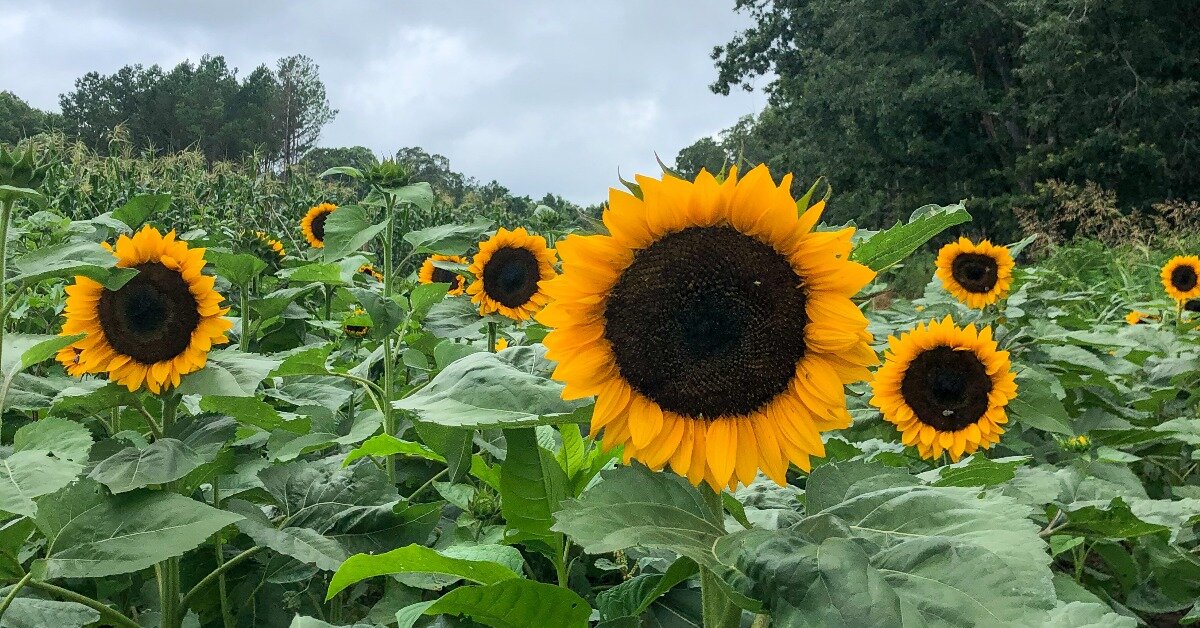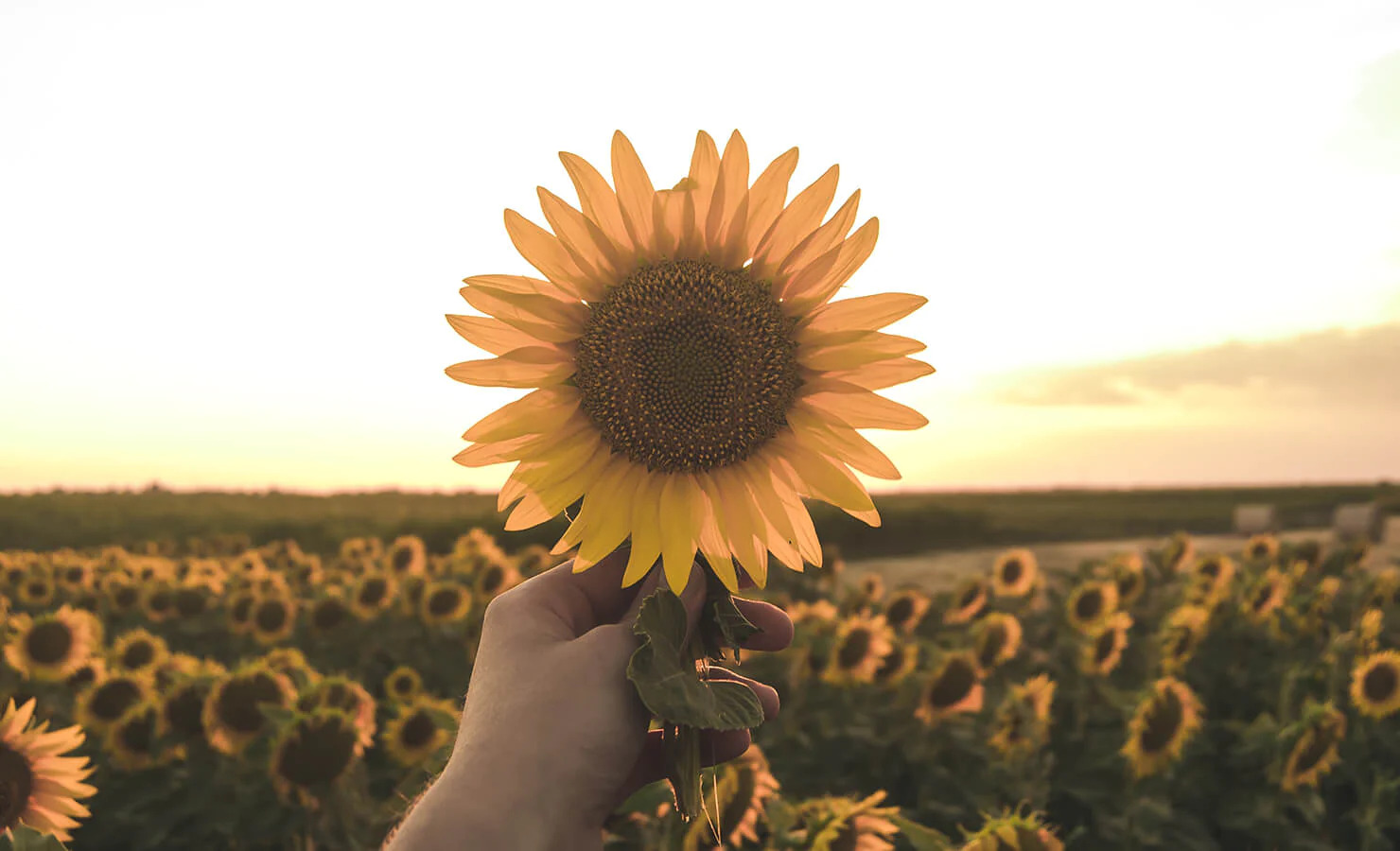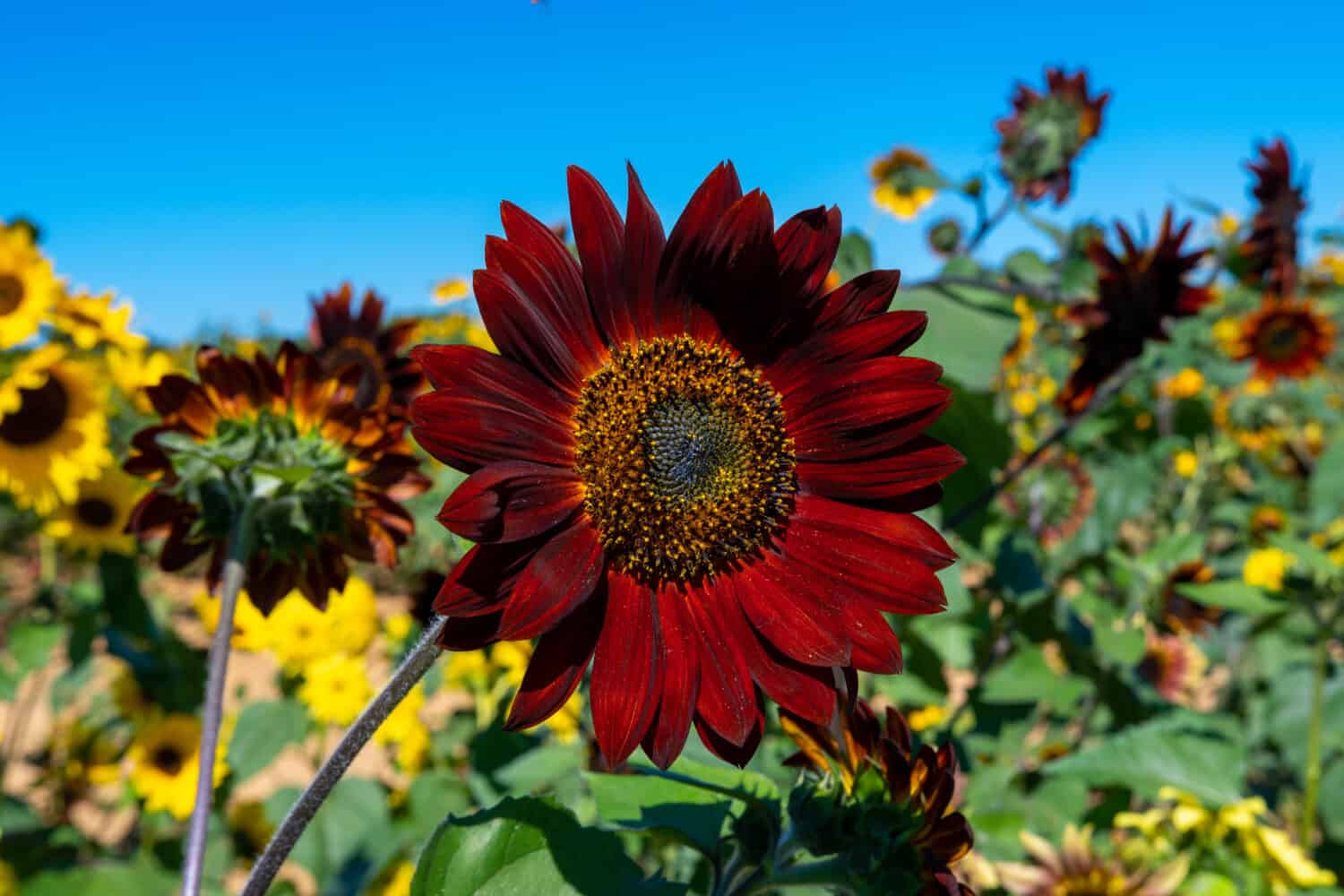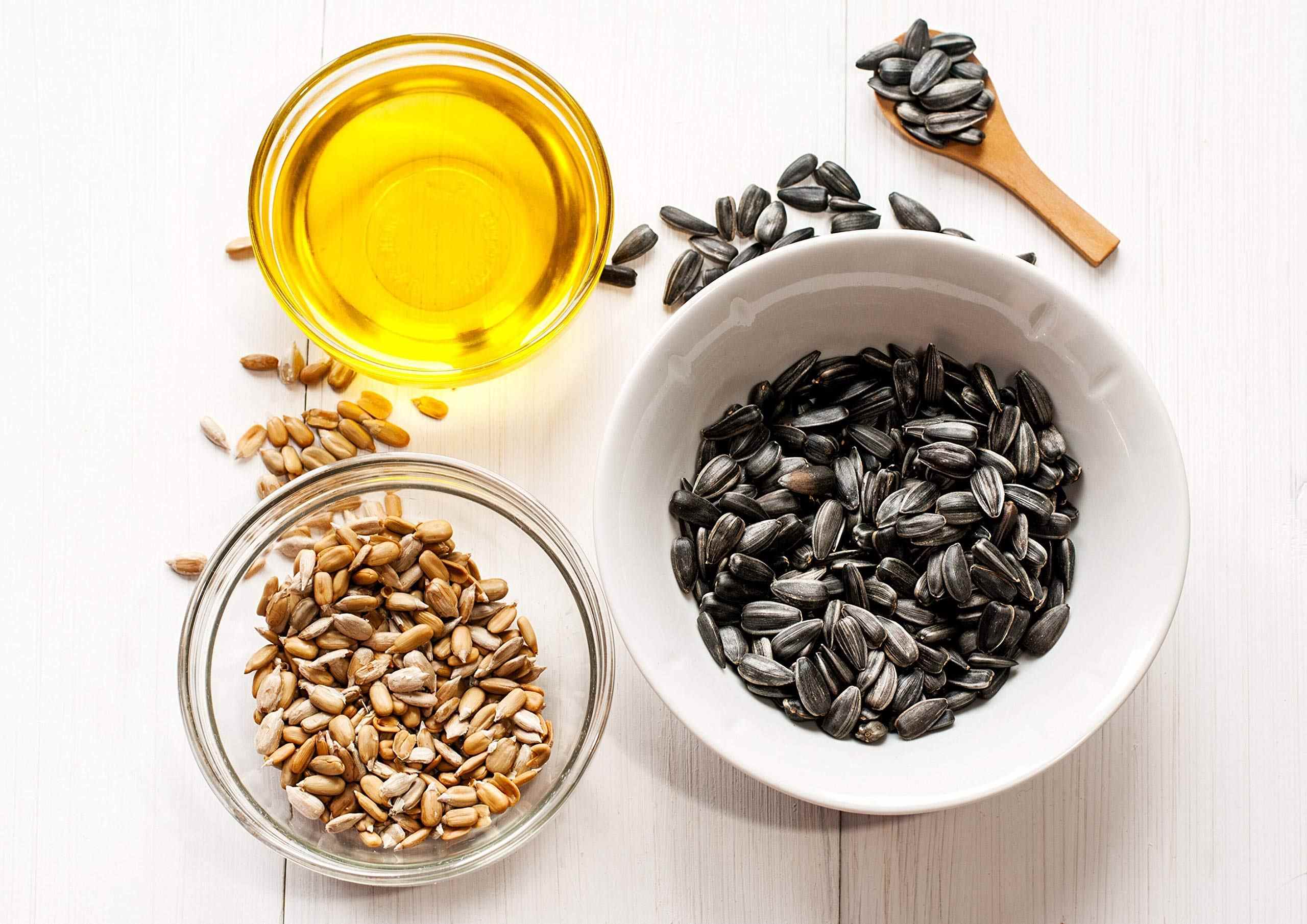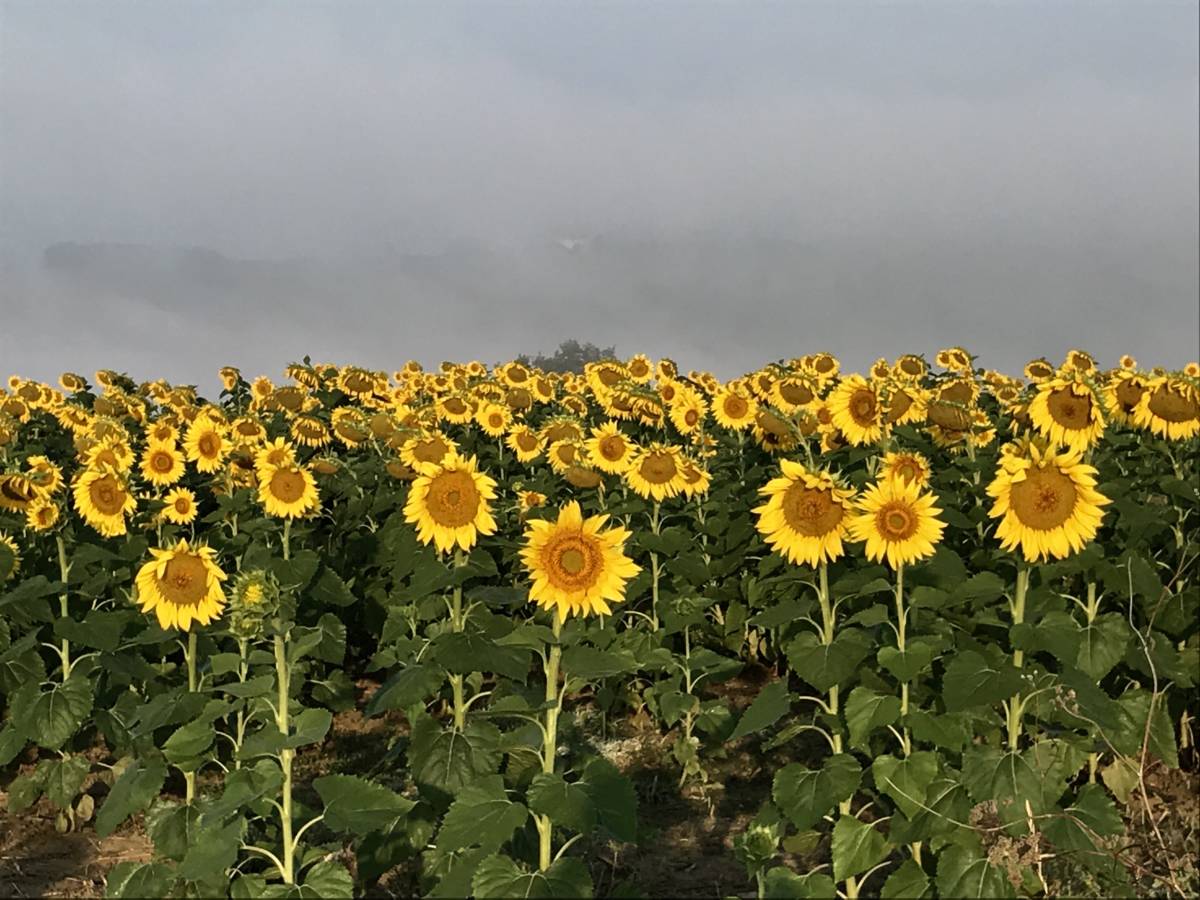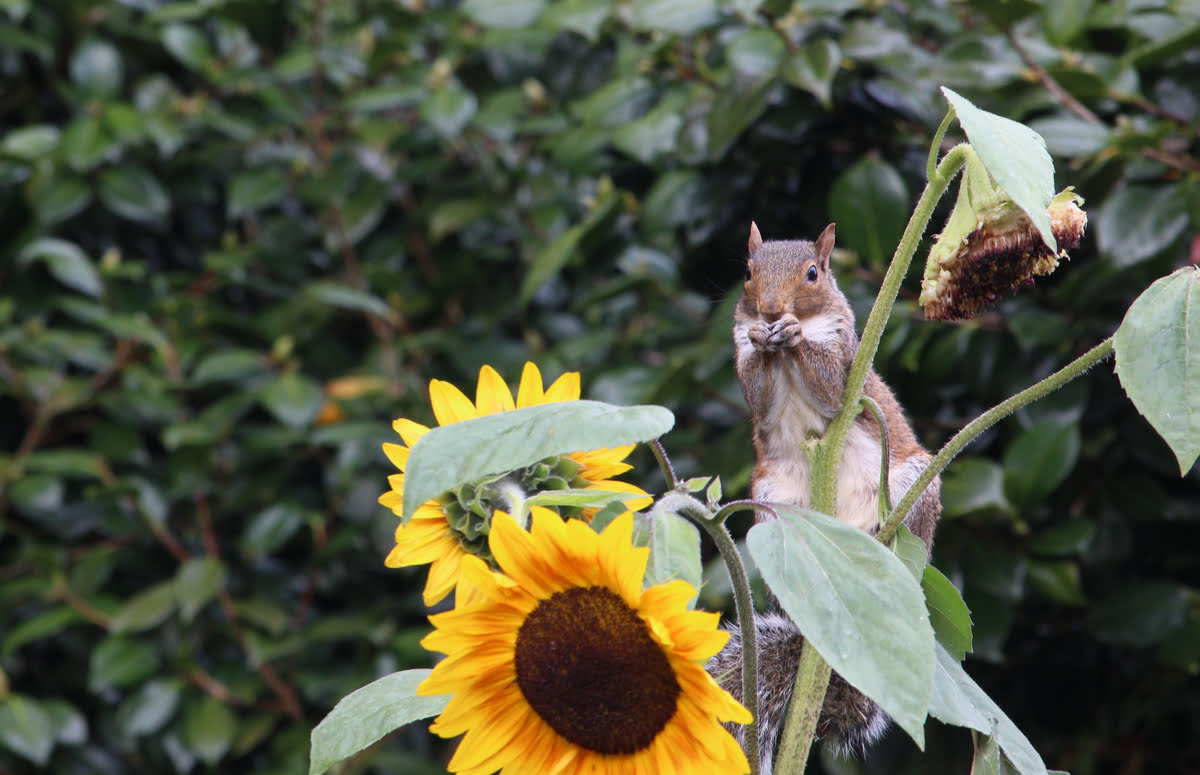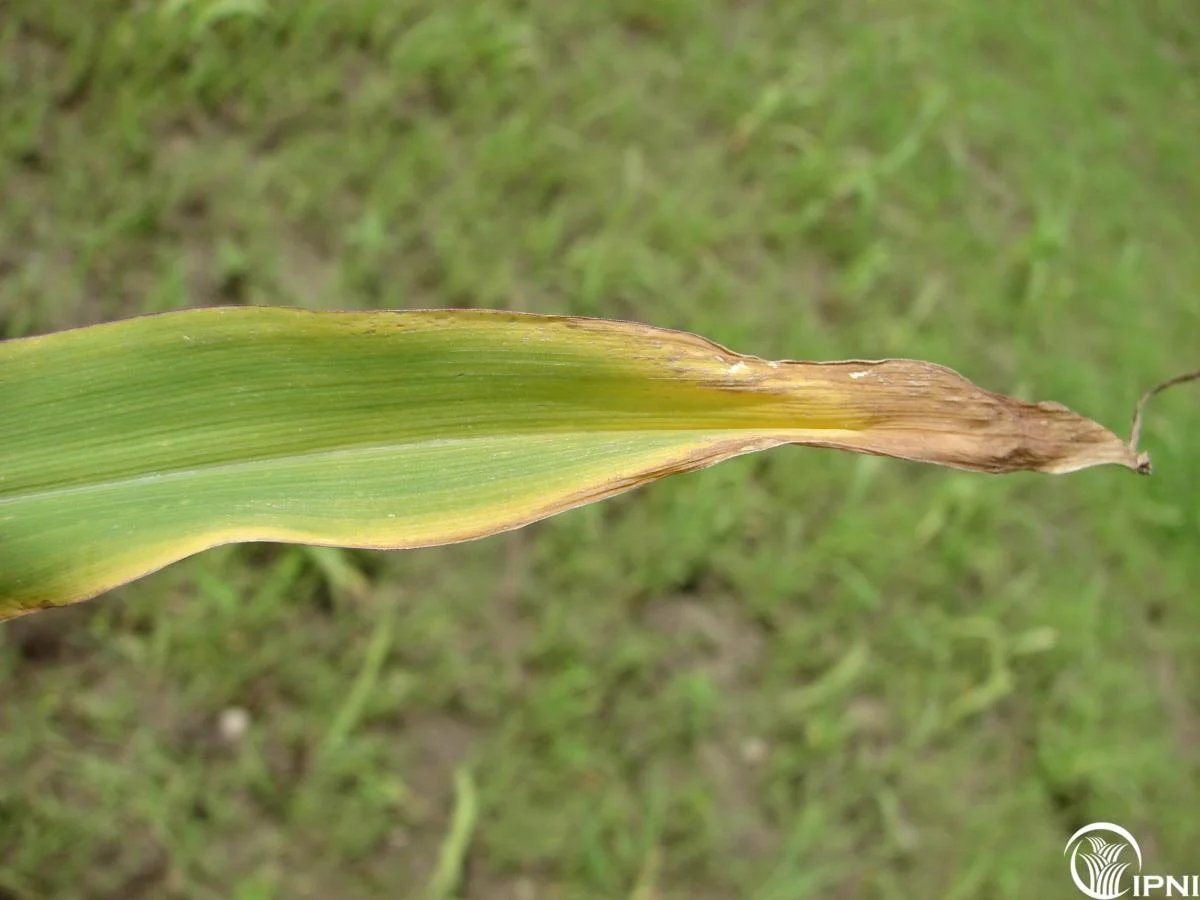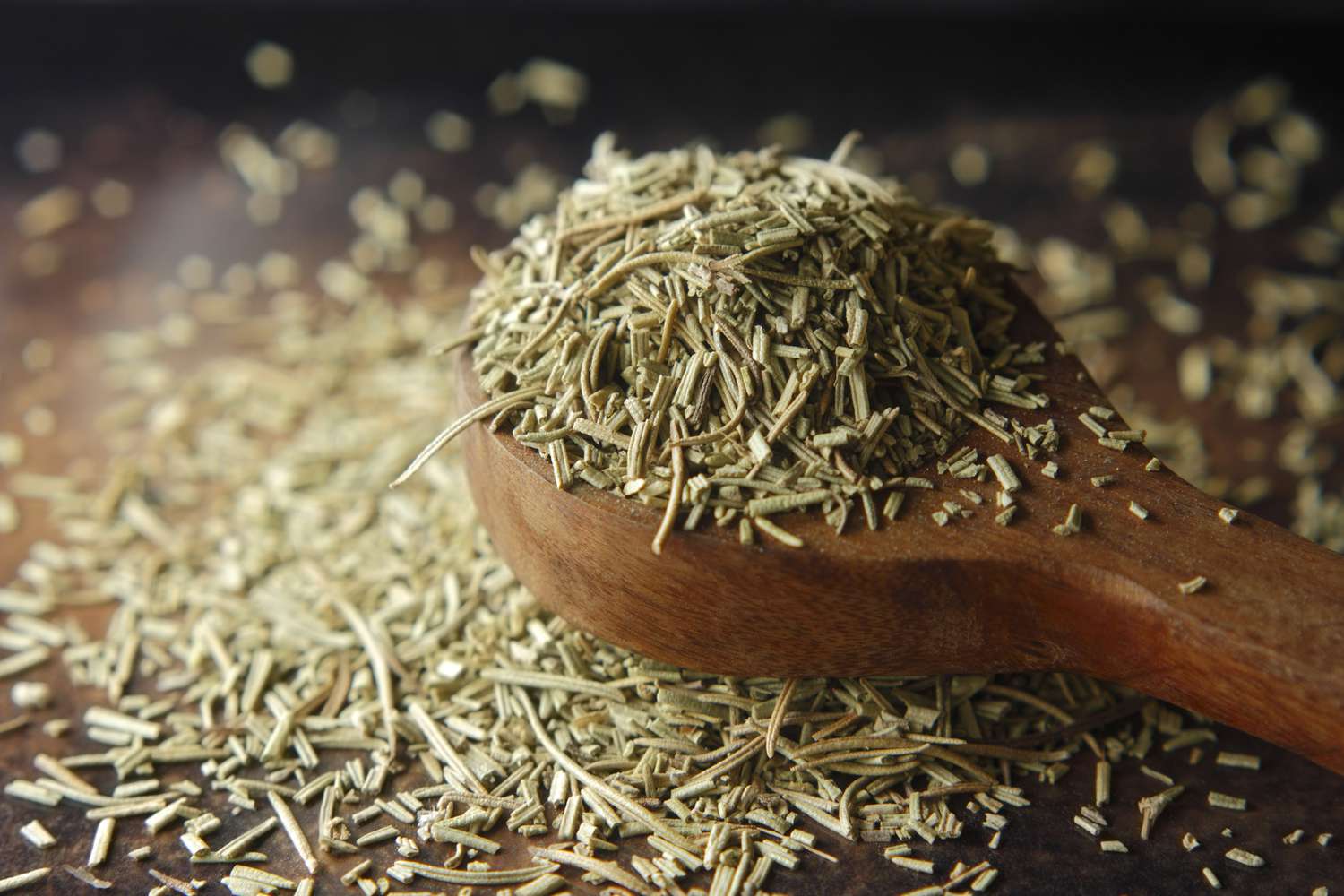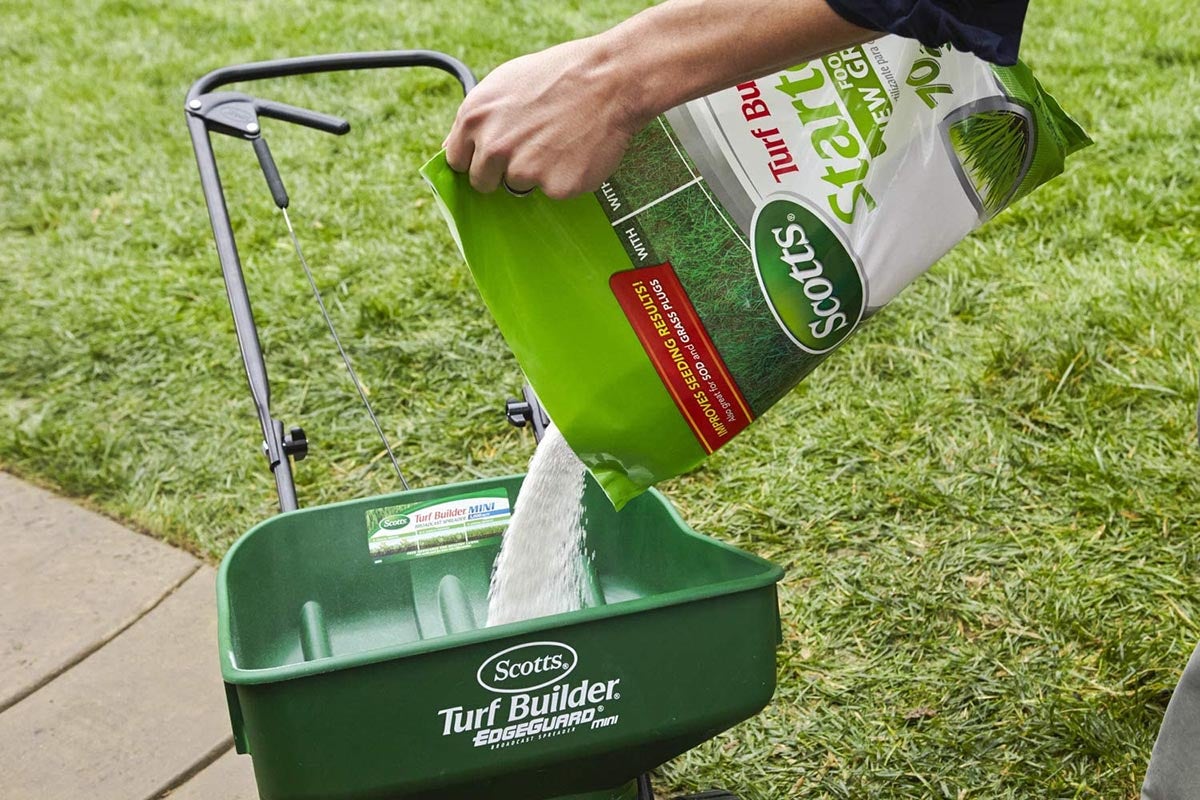Home>Types of Gardening>Ornamental Gardening>What Can Sunflowers Be Used For
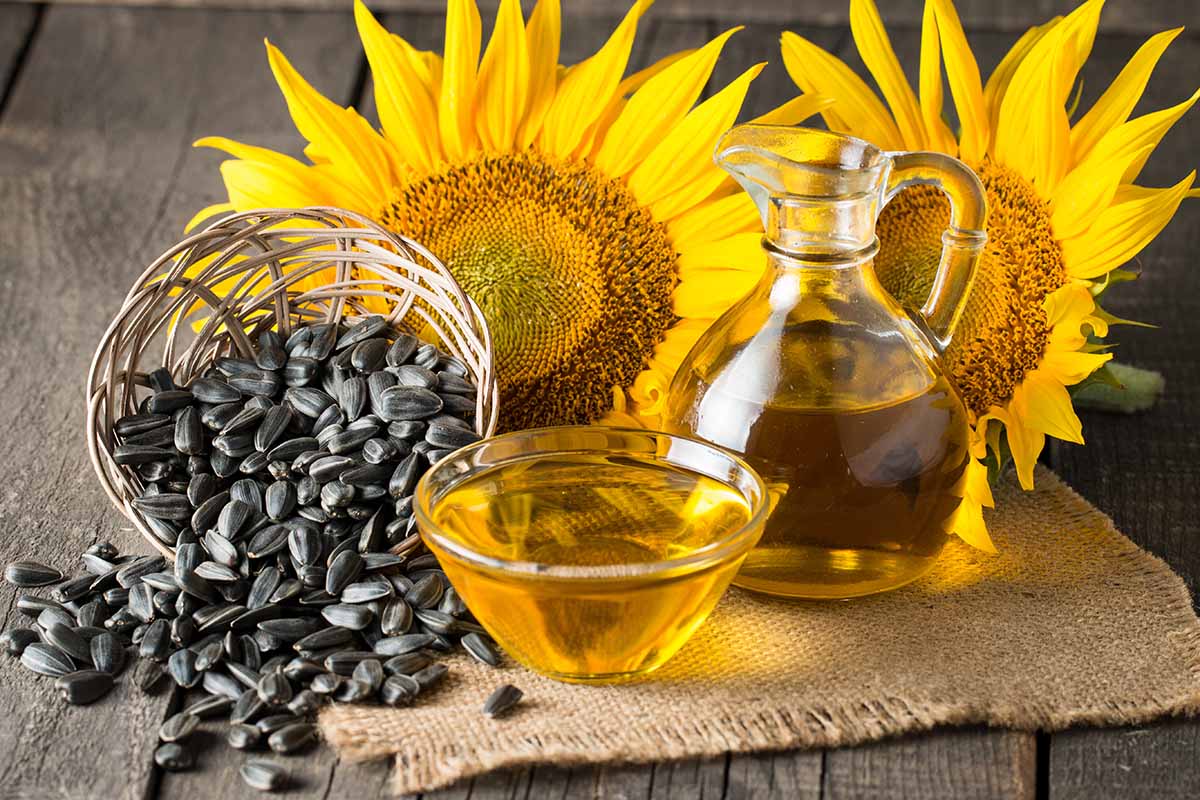

Ornamental Gardening
What Can Sunflowers Be Used For
Modified: January 22, 2024
Discover the versatile uses of sunflowers in ornamental gardening. Learn how to incorporate these beautiful blooms into your garden design.
(Many of the links in this article redirect to a specific reviewed product. Your purchase of these products through affiliate links helps to generate commission for Chicagolandgardening.com, at no extra cost. Learn more)
Table of Contents
Introduction
Welcome to the vibrant world of sunflowers! These iconic blooms, with their radiant petals and imposing stature, have long captivated the hearts of gardening enthusiasts and nature lovers alike. Beyond their aesthetic appeal, sunflowers offer a treasure trove of practical uses, making them a valuable asset in ornamental gardening and beyond.
In this comprehensive guide, we will delve into the multifaceted utility of sunflowers, exploring the myriad ways in which every part of this magnificent plant can be harnessed for various purposes. From the versatile seeds to the golden oil and the nutrient-rich meal, sunflowers present a wealth of opportunities for both gardeners and consumers.
So, join us on this enlightening journey as we uncover the diverse applications of sunflowers, shedding light on their potential beyond mere ornamental beauty. Whether you're a gardening enthusiast, a culinary connoisseur, or simply someone with a penchant for natural remedies, you're sure to be inspired by the remarkable versatility of sunflowers.
Sunflower Seeds
Sunflower seeds, nestled within the cheerful face of the flower, are a prized culinary delight and a nutritional powerhouse. These small, tear-shaped seeds are encased in the sunflower’s iconic disc florets, forming a dense cluster of potential. Whether enjoyed as a wholesome snack or incorporated into diverse recipes, sunflower seeds offer a rich reservoir of essential nutrients and culinary versatility.
Rich in protein, healthy fats, and a spectrum of vitamins and minerals, sunflower seeds are celebrated for their potential to enhance overall well-being. From promoting heart health to bolstering immune function, these seeds pack a powerful nutritional punch. Their high vitamin E content, in particular, contributes to skin health and acts as a potent antioxidant, safeguarding cells from oxidative stress.
Beyond their nutritional prowess, sunflower seeds also lend themselves to a myriad of culinary applications. Whether sprinkled over salads, baked into artisanal bread, or ground into a creamy butter, these versatile seeds add a delightful crunch and a subtle nutty flavor to a wide array of dishes. Furthermore, their potential for enhancing both sweet and savory creations makes them a beloved staple in kitchens around the world.
From a gardening perspective, sunflower seeds also play a pivotal role in the propagation and continuation of these majestic blooms. Harvesting and saving sunflower seeds allows gardeners to preserve specific traits and characteristics, ensuring the perpetuation of favored varieties for future seasons.
With their nutritional bounty and culinary adaptability, sunflower seeds stand as a testament to the remarkable potential encapsulated within these radiant blooms.
Sunflower Oil
Extracted from the seeds of the sunflower (Helianthus annuus), sunflower oil stands as a versatile and widely utilized culinary oil with a range of additional applications. Renowned for its light flavor, high smoke point, and impressive nutritional profile, this golden-hued oil has secured a prominent place in kitchens and beyond.
From a culinary standpoint, sunflower oil’s mild taste and ability to withstand high cooking temperatures make it a popular choice for various cooking methods, including sautéing, frying, and baking. Its neutral flavor allows the natural essence of ingredients to shine through, making it a versatile foundation for an array of dishes, from delicate pastries to savory stir-fries.
Beyond its culinary utility, sunflower oil also boasts a commendable nutritional profile. Abundant in vitamin E, an essential antioxidant, and unsaturated fats, including oleic and linoleic acids, it offers potential health benefits, such as supporting heart health and combating inflammation. Additionally, its light texture and moisturizing properties render it a favored ingredient in natural skincare products, including moisturizers, balms, and massage oils.
Furthermore, sunflower oil’s potential extends to industrial and commercial realms, finding application in the production of biodiesel, lubricants, and even as a carrier oil in the formulation of essential oils and aromatherapy blends. Its diverse uses underscore the far-reaching impact of this versatile oil beyond the culinary domain.
In the realm of ornamental gardening, the extraction of sunflower oil from homegrown seeds presents an opportunity for sustainability and self-sufficiency. By harnessing the seeds from cultivated sunflowers, gardeners can produce their own oil, fostering a deeper connection to the plant and reducing reliance on commercially available alternatives.
From the kitchen to the workshop, sunflower oil emerges as a multifaceted resource, embodying the remarkable versatility encapsulated within these radiant blooms.
Sunflower Meal
After the extraction of sunflower oil, the residual seed cake, known as sunflower meal, emerges as a valuable byproduct with diverse applications across various domains. This nutrient-dense meal, rich in protein, fiber, and essential nutrients, serves as a valuable ingredient in animal feed, organic fertilizers, and even human consumption, showcasing its multifaceted utility beyond its initial role as a source of oil.
As a component of animal feed, sunflower meal offers a high-protein supplement for livestock, poultry, and aquaculture, contributing to healthy growth and overall well-being. Its favorable amino acid profile, particularly its lysine and methionine content, makes it a sought-after ingredient in balanced feed formulations, supporting optimal animal nutrition and productivity.
Beyond its role in animal husbandry, sunflower meal also finds application in organic agriculture as a nutrient-rich fertilizer. When incorporated into the soil, it enriches the earth with essential nutrients, such as nitrogen, phosphorus, and potassium, promoting robust plant growth and soil fertility. This sustainable practice aligns with the principles of organic gardening, fostering a harmonious relationship between cultivation and the natural environment.
Moreover, sunflower meal holds potential for human consumption, particularly in the realm of plant-based nutrition. With its high protein content and beneficial nutrients, it serves as a valuable ingredient in vegan and vegetarian diets, offering a sustainable and nutrient-dense alternative to conventional protein sources. Whether incorporated into plant-based recipes or utilized in the formulation of protein-rich supplements, sunflower meal contributes to the diversification and enrichment of plant-centric diets.
From an ornamental gardening perspective, the integration of sunflower meal as an organic fertilizer aligns with sustainable cultivation practices, nurturing the soil and promoting the vitality of ornamental plants. Its role in enhancing soil fertility and supporting robust growth underscores its value as a natural and eco-conscious gardening resource.
As a byproduct of sunflower oil production, sunflower meal exemplifies the holistic potential of this radiant bloom, offering a spectrum of benefits across agricultural, nutritional, and horticultural domains.
Sunflower Petals
The resplendent petals of the sunflower, with their vibrant hues and striking symmetry, extend their allure beyond ornamental beauty, presenting a spectrum of potential applications that span culinary, aesthetic, and therapeutic realms. These golden petals, with their captivating visual appeal and subtle floral aroma, offer a versatile canvas for creative exploration and holistic well-being.
In the culinary sphere, sunflower petals serve as an exquisite and edible embellishment, adding a touch of visual splendor and delicate floral notes to an array of dishes. Whether utilized as a decorative garnish for salads, pastries, or beverages, or incorporated into floral-infused recipes, these petals elevate the visual and gustatory experience of culinary creations. Their vibrant color and gentle flavor impart a whimsical charm to dishes, making them a favored embellishment for both home cooks and professional chefs.
Beyond their culinary potential, sunflower petals also hold significance in the realm of natural dyes and pigments. Through the process of extraction and infusion, these petals yield a range of hues, from soft yellows to rich gold tones, serving as a sustainable and botanical source of natural colorants for textiles, crafts, and artistic endeavors. This eco-friendly approach to dyeing and pigmentation aligns with the principles of sustainable living and creative expression.
Furthermore, sunflower petals contribute to the art of aromatherapy and natural wellness, offering a gentle and uplifting fragrance that evokes a sense of tranquility and harmony. Whether utilized in potpourri, herbal sachets, or infused into botanical oils, these petals infuse spaces with a subtle floral aroma, fostering an ambiance of serenity and natural beauty.
In ornamental gardening, the utilization of sunflower petals as a natural embellishment and aromatic element enhances the sensory experience of outdoor spaces, inviting a connection to the beauty and tranquility of nature. Whether adorning floral arrangements, accentuating garden landscapes, or inspiring creative pursuits, these petals embody the essence of natural elegance and creative versatility.
With their innate beauty and multifaceted utility, sunflower petals exemplify the enchanting potential encapsulated within these radiant blooms, transcending mere ornamentation to enrich culinary, aesthetic, and holistic domains.
Sunflower Stems
Beyond their role as sturdy supports for the resplendent blooms, sunflower stems harbor a wealth of potential, offering a range of applications that extend beyond the realm of ornamental gardening. These robust and fibrous structures, characterized by their towering stature and impressive strength, present opportunities for creative expression, sustainable practices, and even artistic endeavors.
One of the notable applications of sunflower stems lies in the realm of sustainable crafting and artistic pursuits. The hollow nature of these stems, combined with their durability and flexibility, renders them ideal for various crafting projects, including basket weaving, rustic decor, and even imaginative sculptures. Their natural aesthetic and structural integrity make them a favored material for eco-conscious artisans and creative enthusiasts, offering a sustainable alternative to conventional crafting resources.
Furthermore, sunflower stems contribute to sustainable practices in ornamental gardening and floral arrangements. When selectively pruned and repurposed, these stems serve as a natural and biodegradable support for climbing plants, such as vines and flowering creepers, fostering a harmonious and eco-friendly approach to garden design. Additionally, their robust nature makes them suitable for creating natural trellises and organic structures that complement the verdant beauty of garden landscapes.
In the realm of natural wellness and traditional remedies, sunflower stems find application in holistic practices, such as herbal medicine and natural healing. The fibrous components of the stems offer potential for crafting natural brushes and exfoliating tools, contributing to sustainable self-care rituals and artistic expression. Furthermore, their use in traditional medicine systems for crafting natural remedies underscores their historical significance as versatile botanical resources.
From an environmental perspective, the integration of sunflower stems into composting practices aligns with sustainable gardening principles, contributing to the generation of nutrient-rich soil amendments and the reduction of organic waste. Their decomposition enriches the soil, fostering a regenerative cycle of nourishment and sustainability within the garden ecosystem.
With their inherent strength and ecological versatility, sunflower stems exemplify the multifaceted potential encapsulated within these majestic blooms, offering a spectrum of applications that span artistic, horticultural, and sustainable living domains.
Conclusion
The journey through the multifaceted utility of sunflowers unveils a tapestry of potential that transcends their role as ornamental beauties, encompassing culinary, artistic, ecological, and wellness domains. From the prized seeds to the radiant petals, every component of the sunflower plant embodies a spectrum of applications that enrich diverse facets of human life and the natural world.
As a culinary resource, sunflower seeds and oil offer a bounty of nutrients and versatile applications, elevating the nutritional and gustatory dimensions of diverse cuisines. Their presence in the kitchen extends to the realm of natural skincare and industrial applications, showcasing the far-reaching impact of these golden kernels.
Furthermore, the residual sunflower meal and the resplendent petals contribute to sustainable agriculture, animal nutrition, and creative pursuits, fostering a holistic approach to cultivation and artistic expression. Their integration into organic fertilizers, animal feed, natural dyes, and aromatic embellishments reflects a harmonious relationship between human creativity and the inherent bounty of nature.
Moreover, the robust stems of sunflowers embody ecological sustainability, serving as versatile materials for crafting, garden supports, and natural wellness tools. Their integration into sustainable crafting, gardening, and traditional remedies underscores the enduring significance of these majestic plants in promoting eco-conscious living and creative exploration.
As we bid adieu to this enlightening exploration, the radiant blooms of sunflowers continue to inspire and enrich our lives, offering a testament to the boundless potential encapsulated within the natural world. Whether adorning gardens, enhancing culinary creations, or fostering sustainable practices, sunflowers stand as enduring symbols of vitality, creativity, and holistic well-being.
May the vibrant spirit of sunflowers continue to illuminate our paths, nurturing a deeper appreciation for the remarkable versatility and beauty of these majestic blooms.
